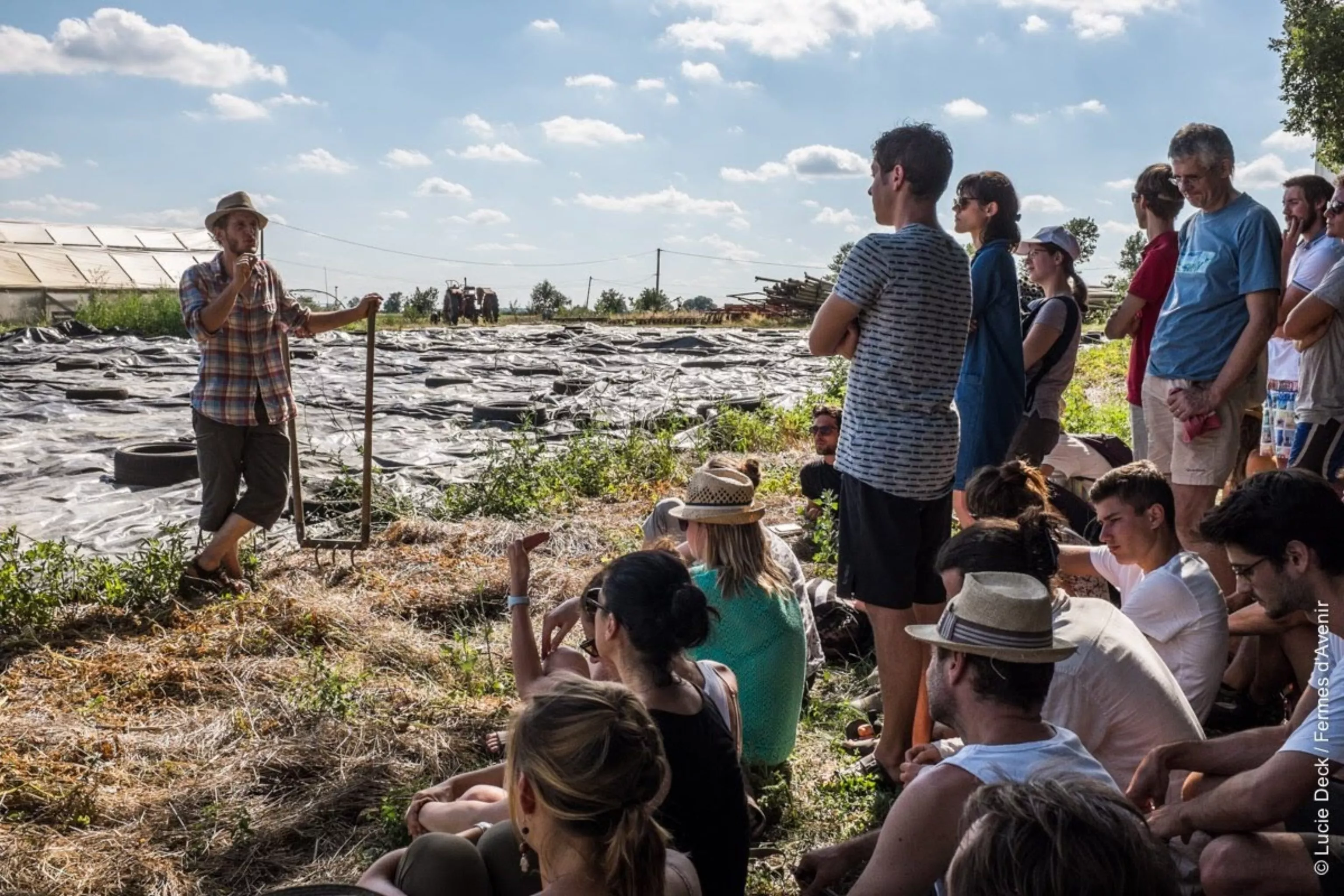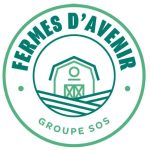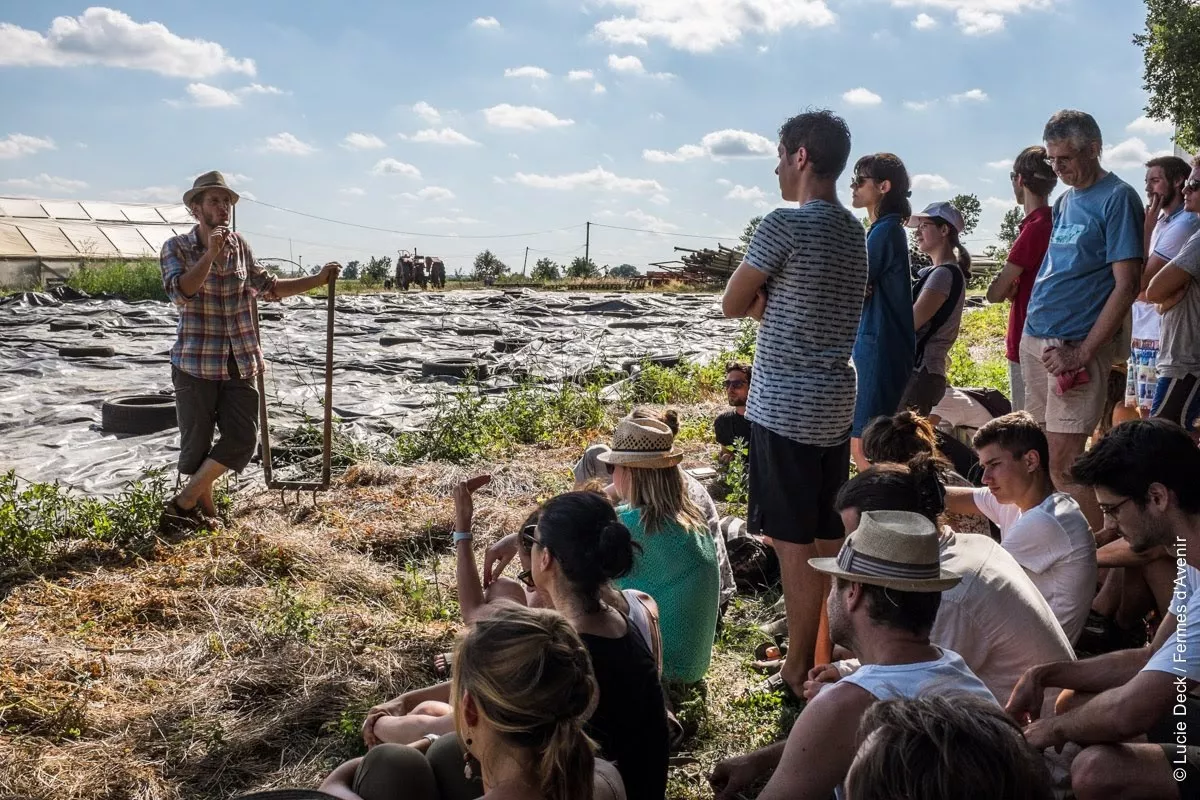The project
Agroecology: an essential element in the agricultural transition
In 2019, the agricultural sector accounted for 19% of greenhouse gas emissions in France. It is the second largest source of total national emissions after the transport sector (31%). In addition to air pollution and energy consumption, soil pollution is an alarming factor that has lasting repercussions on biodiversity and crop quality. There is therefore a major challenge in transforming farming methods and our consumption patterns.
Agroecology is an agricultural practice that consists of producing by integrating an environmental dimension (sustainable use of resources, energy and soil), a societal dimension (reconnecting to the territory, to local products and without pesticides), and an economic dimension (autonomy, resilience, economic viability and working conditions).
Fermes d’Avenir defines agro-ecological farms as “farms that allow the population to be fed with healthy and qualitative food (taste, maturity…), while preserving the planet’s natural capital (water, soil, climate, biodiversity…) and guaranteeing a viable, livable and resilient activity for the farmers.
Compagnonnage en Maraîchage agroécologique
The “Compagnonnage en Maraîchage agroécologique” programme is part of the agroecology training component of the Fermes d’Avenir association. This project consists of training French people and refugees in agroecology.
They are immersed in a training farm for 8 months, in a pair made up of a French companion and an allophone refugee companion in France. In addition to the environmental aspect, the training allows the integration of this vulnerable population into French society. At the end of the training cycle, they will have acquired skills in environmentally friendly market gardening. The vast majority will have found work in the agricultural sector, while the others are following a training course to complete their knowledge. 10% of people in exile have skills in agriculture and the association Fermes d’Avenir helps to develop them into tools for professional and social integration. This project is an example of a symbiosis between social and environmental vocation. It is possible to integrate these different issues in an inclusive approach at all levels.
At the end of the first two months, the companions change pairs and farms, allowing them to discover different environments, projects and working methods. At the same time, a multidisciplinary team offers the companions comprehensive and individualised support (educational, professional, social and linguistic).
Discover the program:
Video explaining the program. 2020 ©L’Obs


